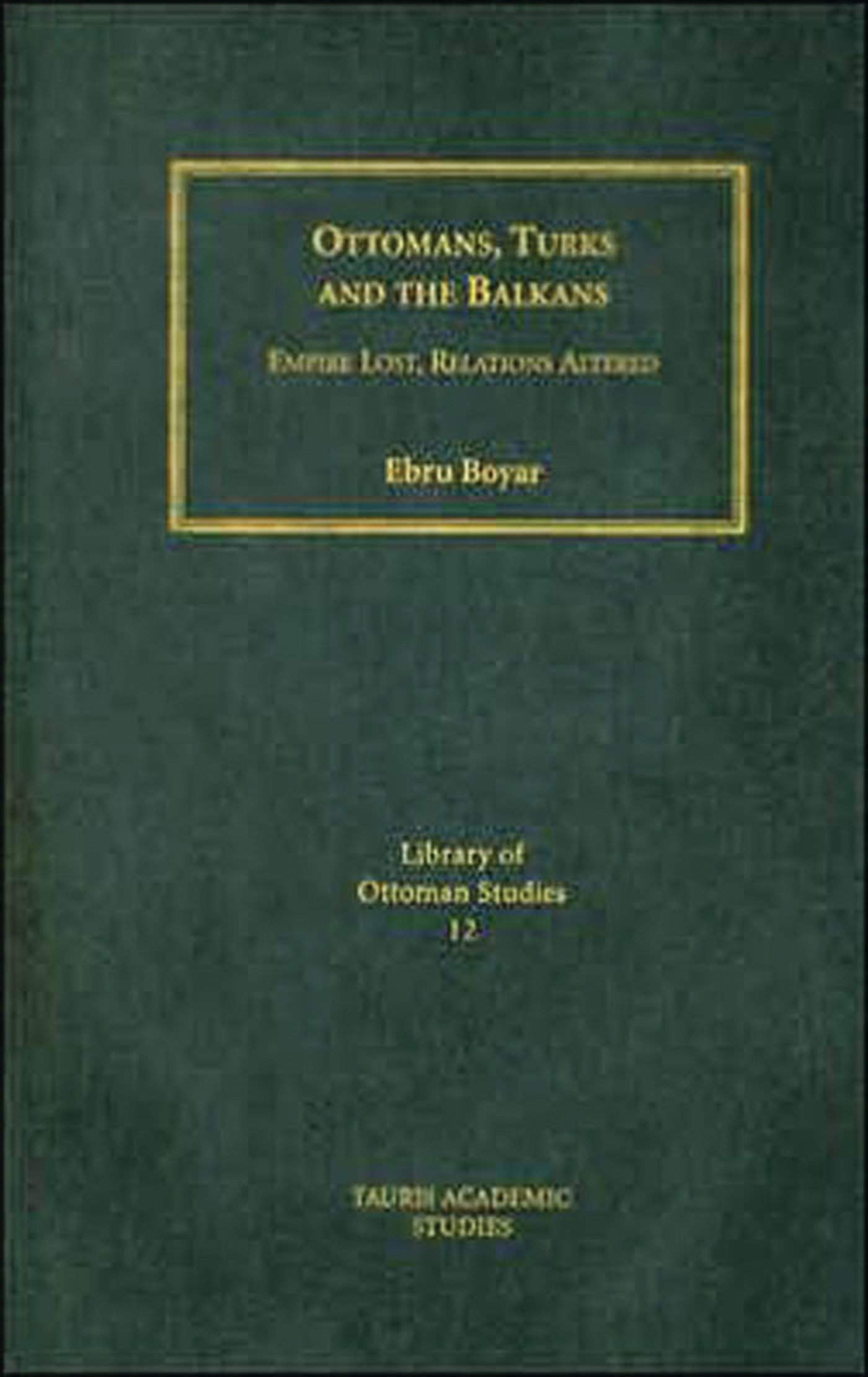Ottomans, Turks and the Balkans
Ottomans, Turks and the Balkans
300 word undedited blurb NJRThe loss of the Balkans was not merely a physical but also a psychological disaster for the Ottomans. Humiliated by defeat, they were stung by what they saw as the betrayal and ingratitude of the peoples of the region to w...
Read more
300 word undedited blurb NJRThe loss of the Balkans was not merely a physical but also a psychological disaster for the Ottomans. Humiliated by defeat, they were stung by what they saw as the betrayal and ingratitude of the peoples of the region to whom they had brought peace and order and whom they had defended at the cost of much Turkish blood. The unfailing European support for the Balkans was regarded by the Ottomans as totally unjust and the European view of the Ottomans as uncivilised and cruel engendered bitter resentment. This bitterness was also felt by the intellectual elite of the new Turkish Republic for whom too the Balkans represented a source of anger, pain, and a deep sense of grief at the loss of what had been, and in some ways mentally remained, an intrinsic part of the Turkish homeland. Tracing the impact of this loss on the Ottomans and the Turks from the beginning of the reign of Abdülhamid II in 1876 to the end of the single party state in 1946, this book examines the narration of the Balkans in Ottoman/Turkish histories and literature of the period and argues that the Balkans played a role in shaping the way the emerging Turkish intellectual elite saw themselves and the world about them. Beginning with an analysis of history and the role of historians in the late 19th and early 20th centuries, the book examines what exactly the term Balkans meant for the Ottomans/Turks and considers how the Balkan peoples were represented in the histories and literature of the period. It examines the recurrent images applied to the Balkans, which were represented as both violent and barbarous, a source at the same time of dangerous ideas and intellectual inspiration, a place yearned for and expelled from. These images and the pain and bitterness they engendered played a major role in the creation of Turkish self-perception and the vivid impact and emotive power of the Balkans still remains strong in the Turkish psyche.
Less
